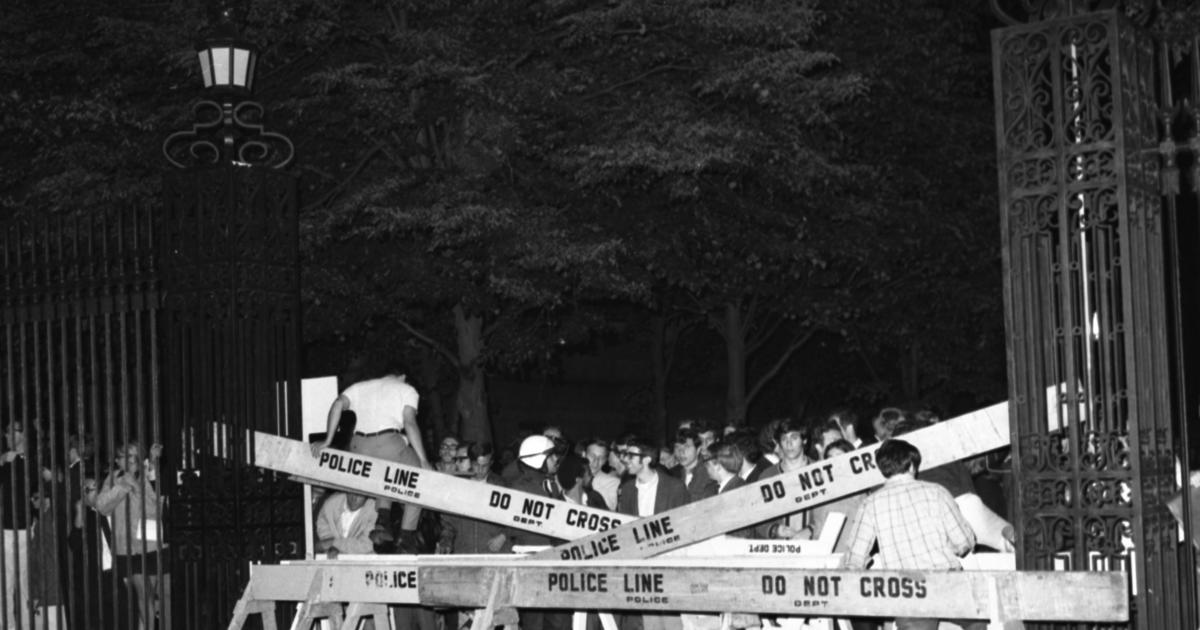New Device Could One Day Lead To More Viable Organs For Life-Saving Transplants
NEW YORK (CBSNewYork) -- A New York man in desperate need of a new liver volunteered to use an innovative new technology, which could one day make more organs suitable for life-saving transplants.
On average, 22 people die each day waiting for an organ, and the need grows every year, CBS2's Dr. Max Gomex reported.
Twenty years ago, 68-year-old Robert Mellis, a corrections officer, had no idea that stopping a prison fight would result in the fight of his life.
"I got slashed, stabbed in prison," he said. "Through the prison job, I found out I had Hepatitis C."
It slowly ravaged his liver and eventually led to liver cancer.
"A liver transplant is the only cure for the type of cancer I had," he said.
After 10 days on the transplant waiting list, a liver was found.
Mellis agreed to be part of a high-tech trial at Cleveland Clinic, testing a new device designed to give surgeons a sneak peek at an organ's function before it's transplanted.
"Think of this device as a mini portable ICU for the organ, where he have the ability to very effectively change the conditions of the organ, monitor the organ and intervene if something is not right," Dr. Cristiano Quintini explained.
Rather than putting an organ on ice, the machine pumps oxygen-rich blood, nutrients and medications through the liver to keep it working and warm.
"You start seeing the organ functioning, producing bile. It's actually quite amazing," Quintini said.
In the future, the device might allow doctors to treat less desirable organs, and in some cases, rescue them and make them suitable for transplant.
"There's a huge opportunity to decrease, and potentially even eliminate, the mortality on the waiting list by using this technology," Quintini continued.
Mellis is recovering well after his transplant and has a new outlook on life.
"The future's bright, day at a time I'm going to get stronger and continue on with my life," he said.
The portable organ ICU device is part of a study to first determine if it's safe to use. Once that's complete, doctors will examine whether the device can rehabilitate less-than-perfect organs to make them suitable transplant.



